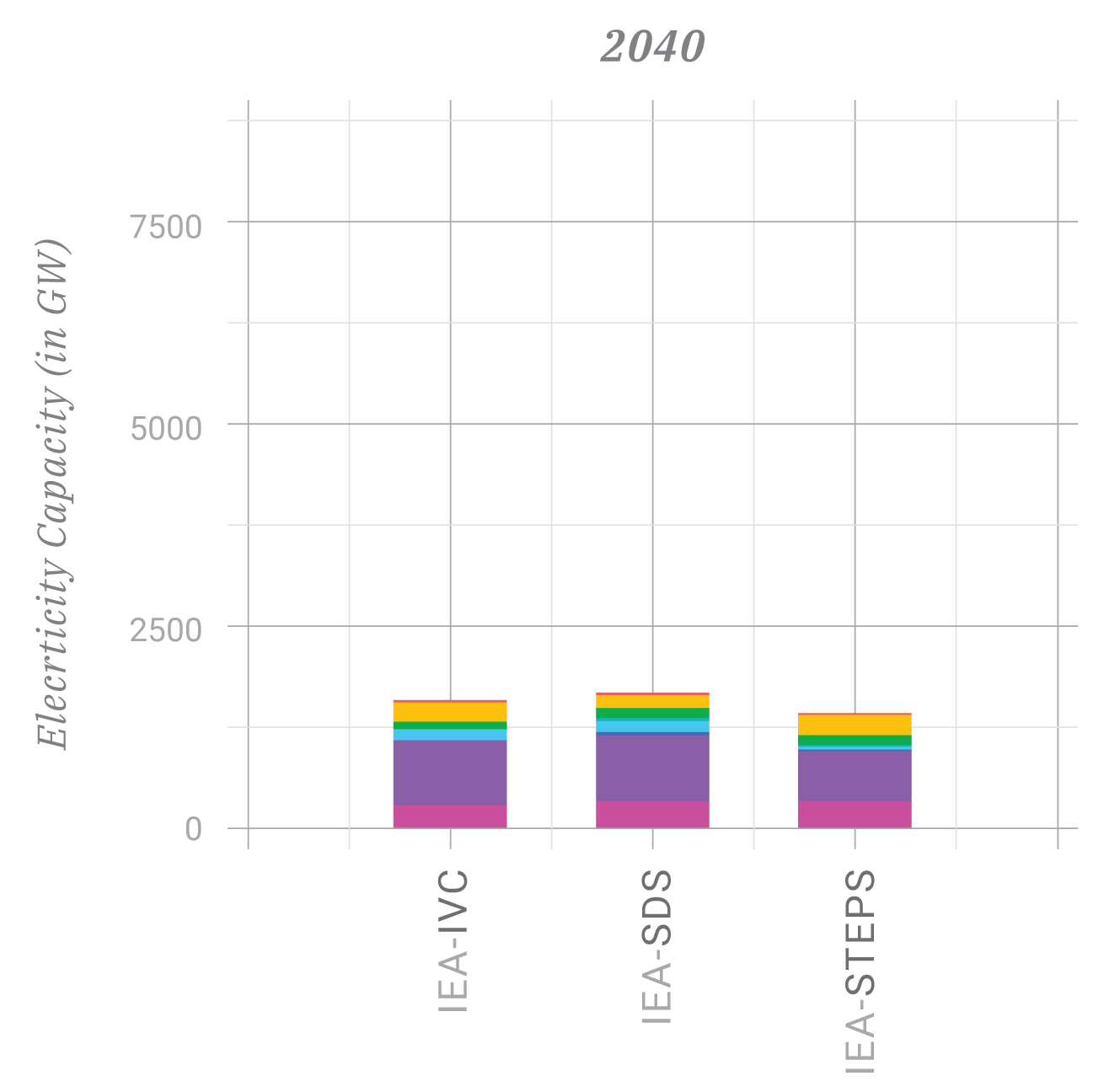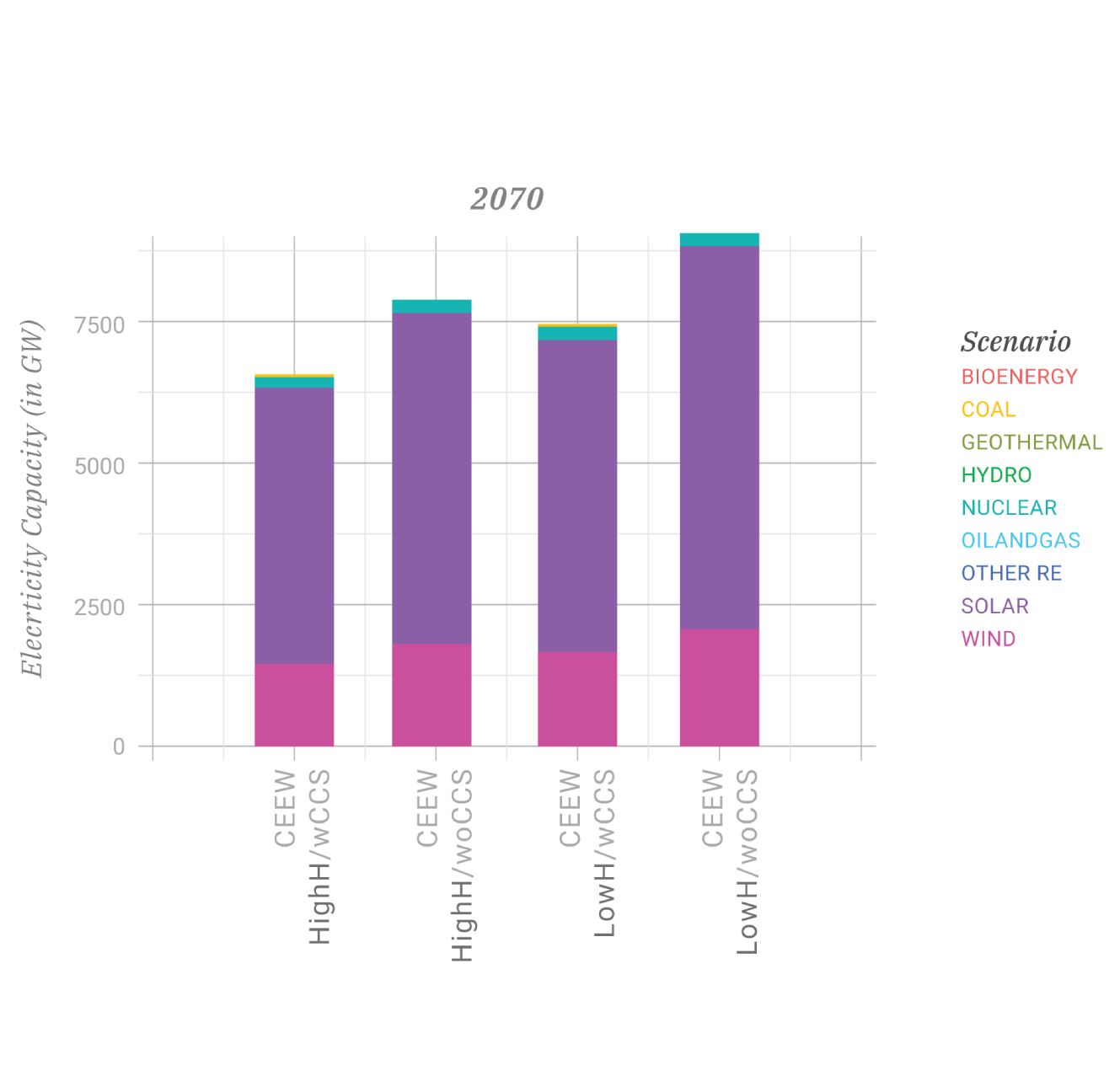
and Models

About Us
Models are powerful analytical tools that shape policy priorities, targets, and international negotiations on climate change. These models, however, can feature unclear and widely divergent assumptions, resulting in overly simplistic or conflicting recommendations about an uncertain future. It is imperative that the construct and results of these various studies be adequately understood and contextualised.
The Climate Futures Project is an independent initiative to foster an informed and measured use of such modelling studies by policymakers, scientists, journalists and concerned citizens. We apply a common framework to assess, compare, and interpret the assumptions and results of modelling studies.
The Climate Futures Project is a project co-developed by the Centre for Policy Research and the Indian Institute of Technology, Delhi.

Cross-Model Outputs




Annual CO2 emissions in end-year vs Average GDP growth rate from base year
* Notes: TERI-Shell and CEEW estimates are not adjusted for CCS and carbon sinks, which are included in their scenarios to enable net-zero emissions; Figures adjacent to the points represent primary energy demand in megatonnes of oil equivalent (Mtoe)



Installed electricity capacity (GW) in end-year
* Notes: TERI-Shell and CEEW estimates are not adjusted for CCS and carbon sinks, which are included in their scenarios to enable net-zero emissions; Figures adjacent to the points represent primary energy demand in megatonnes of oil equivalent (Mtoe)
A common reporting framework for...
Assessing Approaches
Comparing Results
Interpreting Implications
What are the implications for science and policymakers?
Coming soon
- Analyse and incorporate modelling studies as and when they are released.
- Analyse implications for policy and science form inter-model comparison and review.
- Explore relevance to other (developing) countries.
- Conduct workshops for outreach and engagement.
We look forward to organising events to discuss this work

